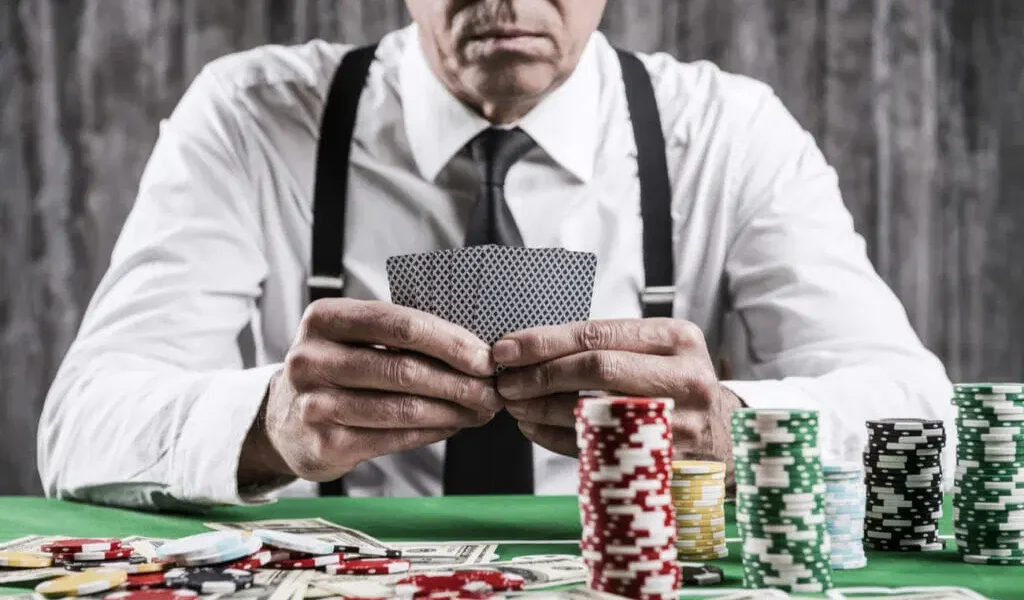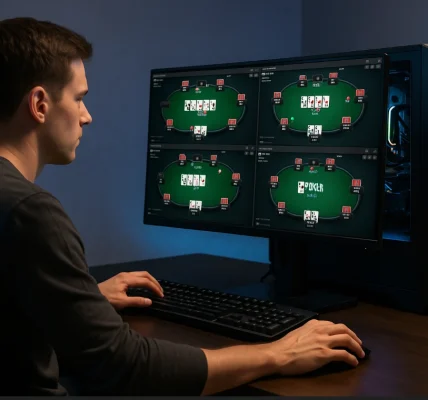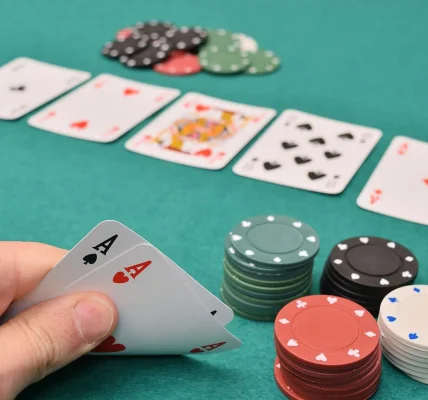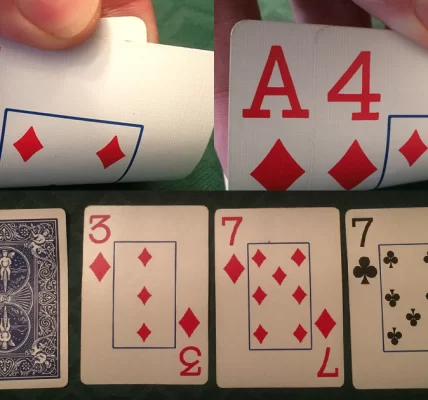Building up poker confidence is essential, yet unlike many aspects of the game, it doesn’t simply vanish when you lose.
Confidence in poker should be achieved through making decisions and learning from both wins and losses, with this mindset helping you overcome math anxiety while becoming more resilient at the table.
Emotional control
Confidence is essential in poker – when your decisions are clearer and you don’t doubt yourself, decisions become easier and winning becomes possible. Unfortunately, when things go badly you might start thinking you can never win and that your game is poor; this can be devastatingly destructive to success at the table. Dunning-Kruger syndrome may play havoc with your success at the table!
To avoid such mentalities, it’s essential to recognize that confidence is a state of mind based on knowledge and experience. Confident players understand that results are the result of their actions rather than any indication of skill level; and know the best way to improve is through consistent practice and learning from errors made along the way. Emotional control is an invaluable skill which can be applied across other aspects of your life.
Physical tells
Body language can reveal much about a person’s confidence levels. A player may shake their hands or flush, have racing pulses or otherwise exhibit tells that could indicate whether they are bluffing. These signs can help identify whether someone is indeed lying outright about being confident enough to attempt such moves.
Learning these tells and their functions is critical, yet recognizing when overconfidence becomes problematic can lead to costly errors that reduce profits. Overconfidence may also result in poor decision-making – for instance, in tough spots a player who is overconfident may call or fold for reasons other than those intended by his/her original play style.
Focusing on the process can help players avoid overconfidence. Doing this helps prevent falling into the results-orientation trap that often leads to illogical thinking, as well as help them build stable self-confidence even during challenging moments. Furthermore, it is also crucial that decisions made during poker be judged based on quality rather than outcome.
Patience
Poker can be an addictive sport that makes it easy to focus on results rather than process. A bad hand can deflate confidence while an impressive win may boost it significantly. To stay focused on process rather than results and avoid comparisons while learning from your mistakes.
Maintaining emotional control will help increase resilience at the table. Furthermore, mindfulness and relaxation techniques can be practiced to alleviate stress. You could also join a community where other players share hands and seek guidance from mentors for faster growth and an enhanced mental game experience.
Additionally, make a point of keeping a success diary and reviewing your decision-making to track your progress – this will build self-confidence both at and away from the table. Finally, try being more patient with yourself when making mistakes; understand that poker is an unpredictable game that should not be treated as so.
Decision-making
Poker requires making many decisions, and having confidence when making them is vital to succeeding at it. A positive outlook will help you cope with losses, setbacks and variance, while simultaneously expanding your understanding of its nuances.
Confident players can focus on the long term and are less likely to make poor decisions that lead to tilt. They are willing to take risks and make bold moves at the table while maintaining an understanding of odds and probabilities (through regular use of GTO Wizard, for instance). But not all confidence is created equal: being too overconfident at tables can turn off other players, so be mindful when playing. Building confidence takes time – but is well worth the effort!






